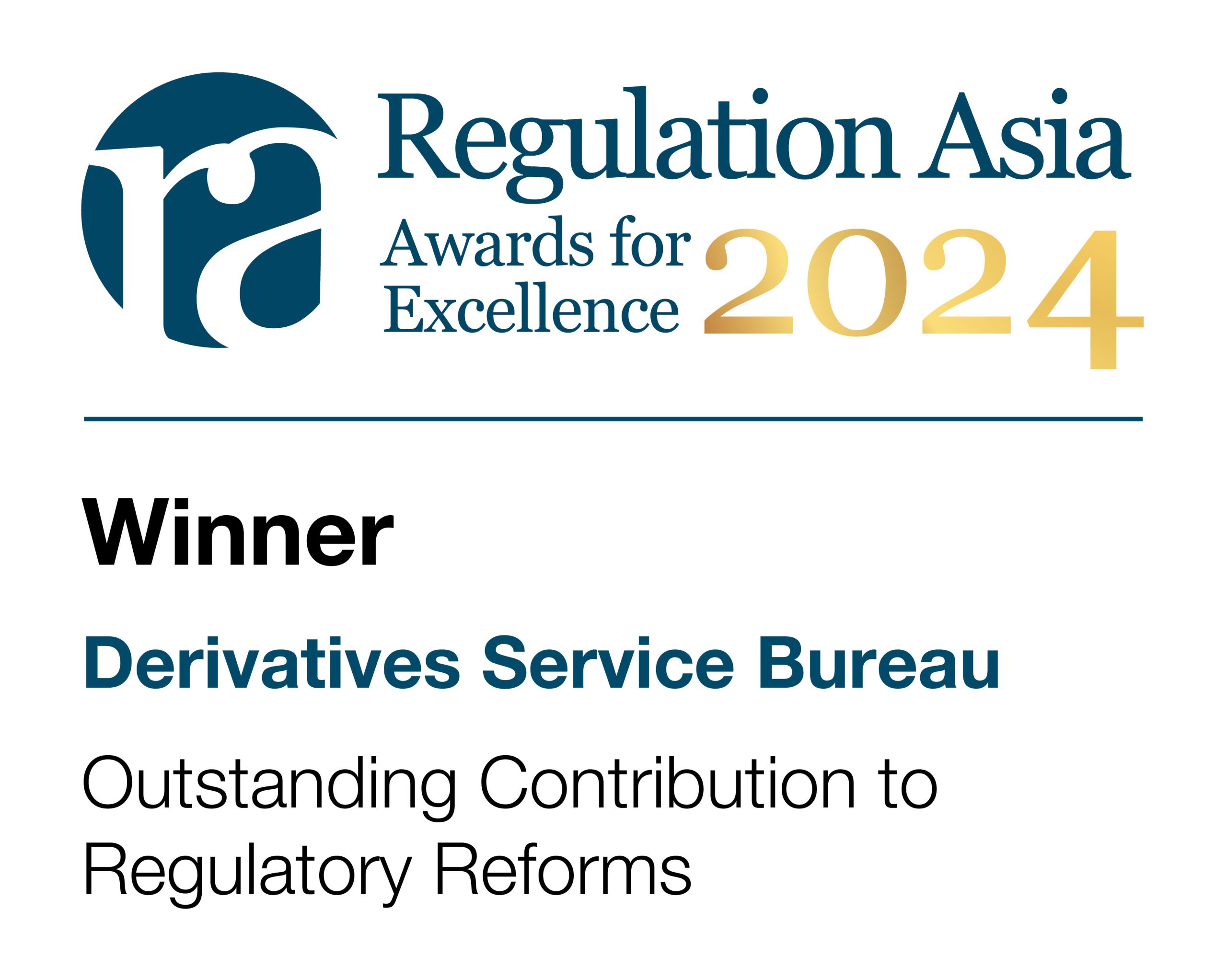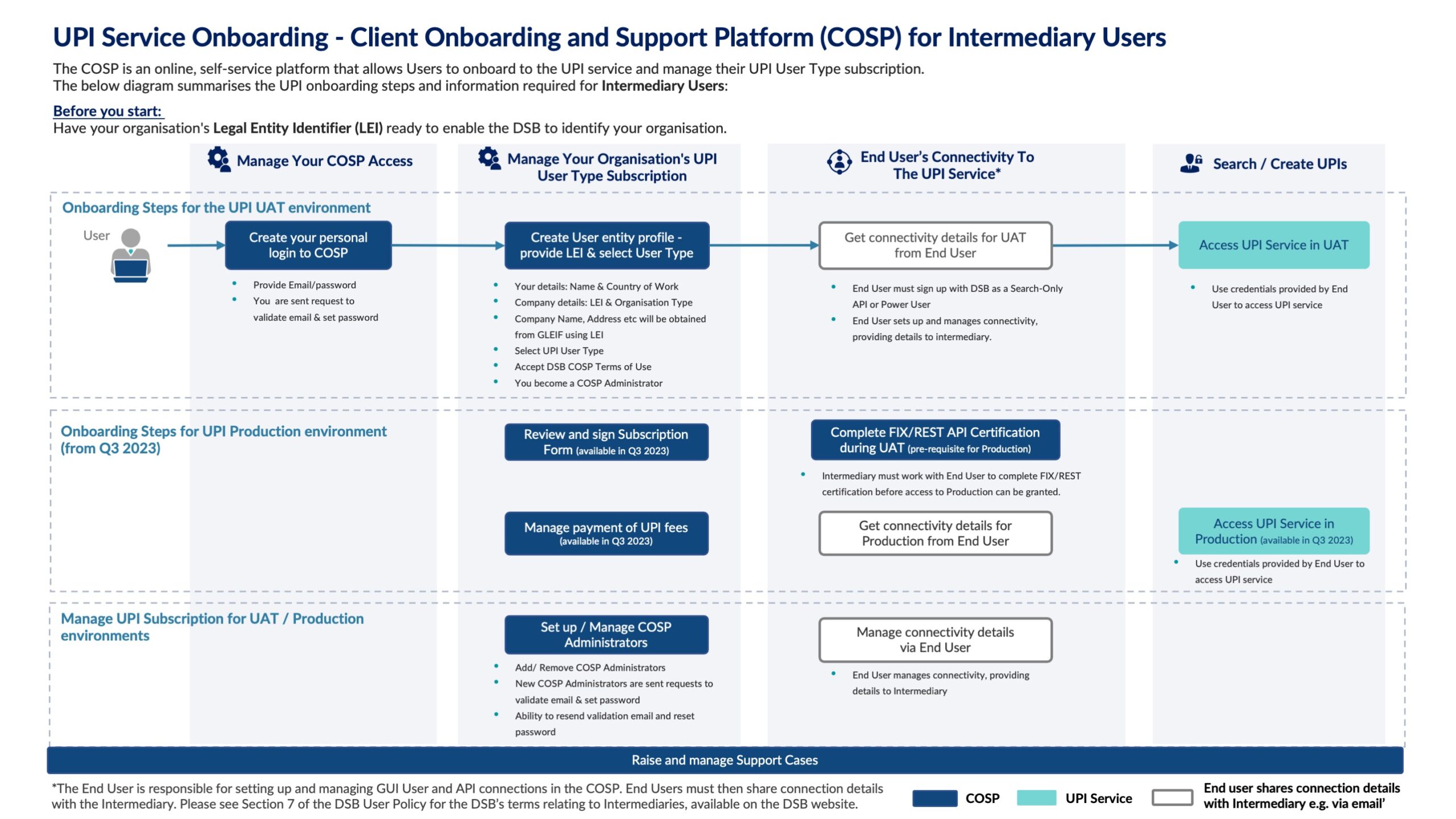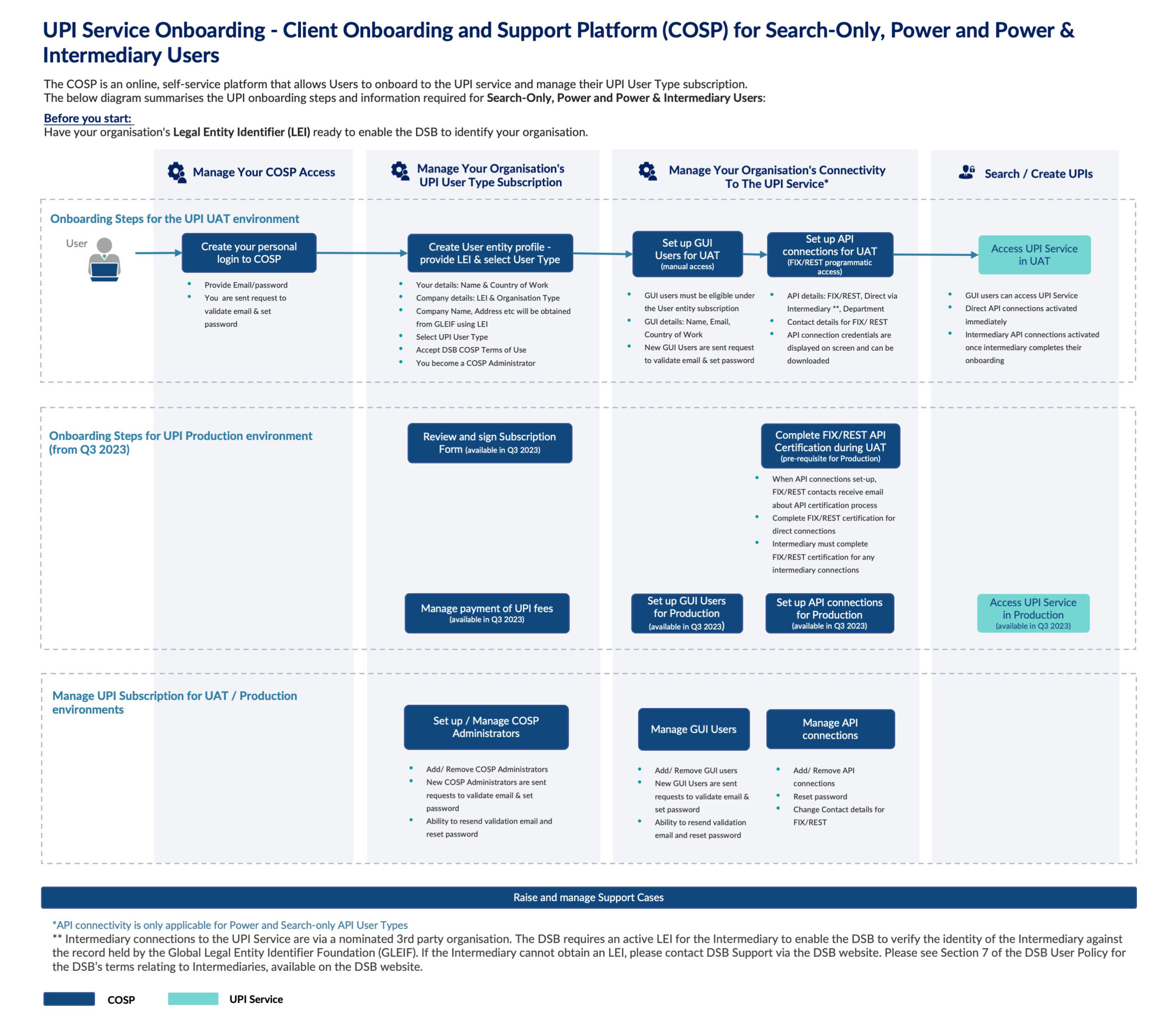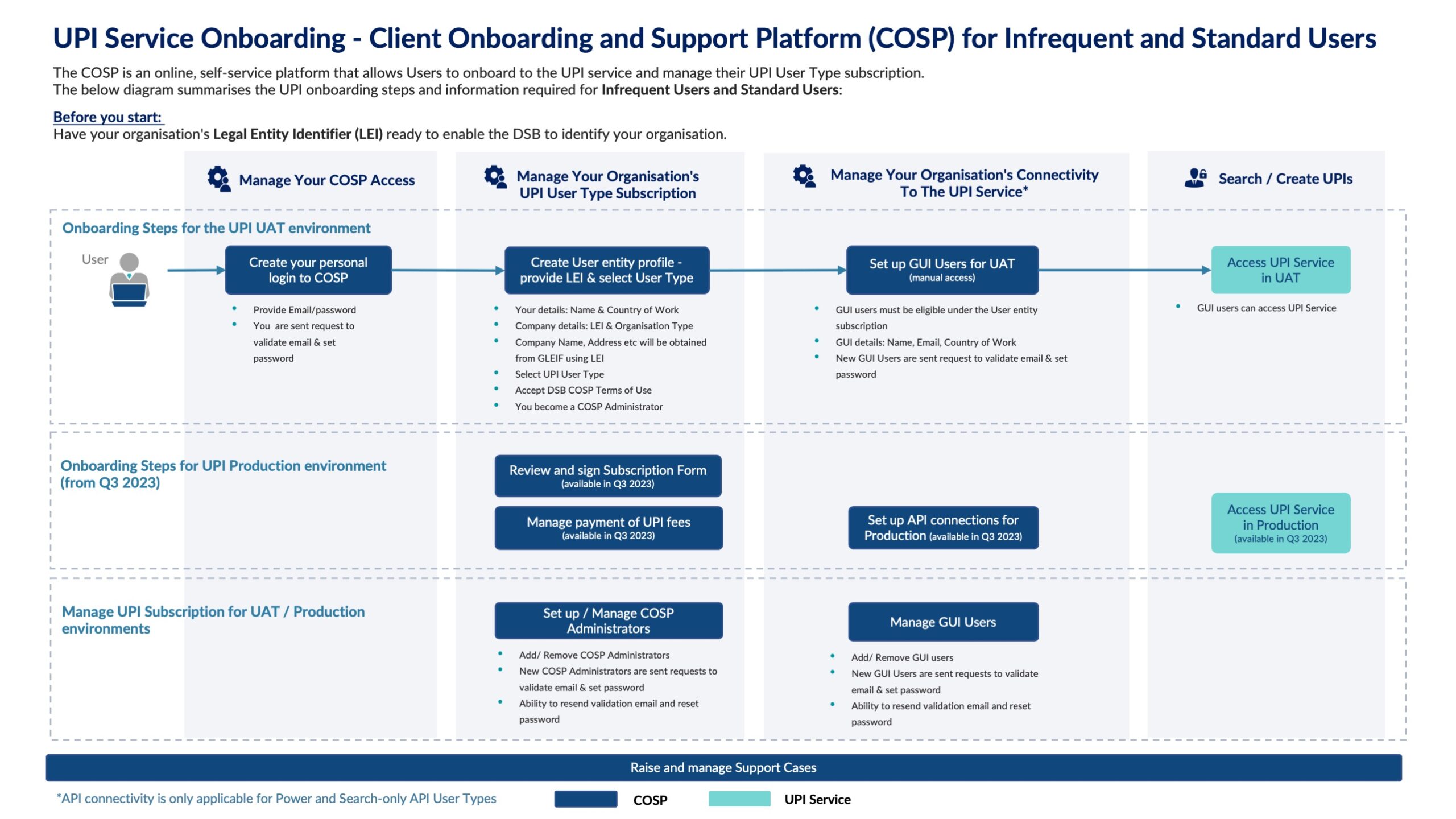2019 was a busy year for the DSB, as we continued to work with the industry in order to evolve in line with changing market needs. Indeed, collaboration is at the heart of everything we do. Serving over 4,000 users spanning almost 470 institutions, DSB assigned ISINs, CFIs and FISNs are now used in at least 33 countries for identifying OTC derivatives. With an increasing set of users starting to focus on integration at an earlier point in their trade lifecycle, it is likely that additional purposes for the OTC ISIN will emerge. The Derivatives Service Bureau also continued to examine the role that industry plays in the DSB’s product-related decision making and how participants can stay abreast of developments or actively contribute to the evolution of the DSB’s dataset, as explained in this blog post for TABB from January 2019.
In March the DSB published its 2019 consultation timeline and opened a User Survey on the existing fee model timeline and annual review cycle. In May, the DSB opened its first 2019 consultation, seeking responses from both direct and indirect users of the DSB on a series of questions regarding the DSB’s service and functionality. The results from the first consultation were released in July, highlighting which items should be dismissed, which should be taken forward on a business as usual basis (at no cost), and which items required further industry feedback in a second consultation. The results of that second consultation were announced in August, and revealed a significant appetite for further analysis on functionality that may be helpful in delivering improved data quality, standardization and automation as well as further strengthening the DSB’s cybersecurity processes and governance.
In an effort to continue operating transparently and collaboratively, the DSB provided a number of updates from the product committee through a series of blogs and webinars in 2019. In February, the DSB set out how its product committee was evolving to reflect increasing industry participation, as well as allowing a broader constituency of users to be involved in the development of the DSB ISINs Road Map. The changes were the result of extensive feedback from consultations held over a three-month period in 2018. In October the DSB provided an update on the product committee’s ongoing industry support, and which areas the committee was focusing on as part of the consultations throughout the year. The industry requested that the DSB undertake further analysis, for example, on leveraging the ISIN-LEI service to provide LEI and examine whether the DSB should also provide other supplemental data to further improve efficiencies for users.
In other news, the DSB was delighted to be designated by the Financial Stability Board (FSB) as the sole UPI service provider and operator of the reference data library for the global UPI system. The DSB platform is built to allow for parent-child hierarchies and will be augmented to encompass UPI as part of its implementation.
2019 was also an exciting year for awards. In May the DSB was awarded ‘Best Innovative Technology for Regulatory Compliance’ at the RegTech Insight Awards 2019. In the same month, the DSB won ‘Best Reference Data Newcomer’ at the Waters Technology Inside Market and Reference Data Awards 2019. In December, the DSB’s Malavika Solanki was awarded the Editor’s Recognition Award for Best Data Management Vendor Professional for 2019 by Data Management Insight.
Collaboration is a cornerstone of our evolution at the DSB. The enhancements and the further analysis being undertaken, driven by user feedback, focus on data quality and standardisation which is so important for all users. At its core, the DSB is focused on delivering the ISO principles to fulfil the industry needs for ISO standards while being as cost-effective, transparent and efficient as possible, to both help firms further their operational efficiency and manage risk for global markets. We are delighted with the feedback and industry engagement we received in 2019, and look forward to developing those relationships further in 2020.












